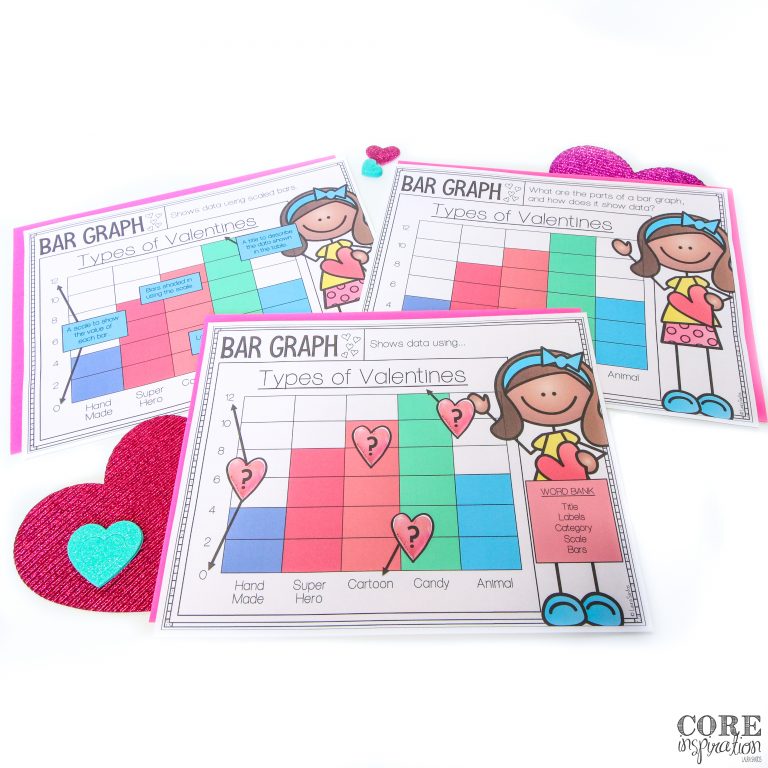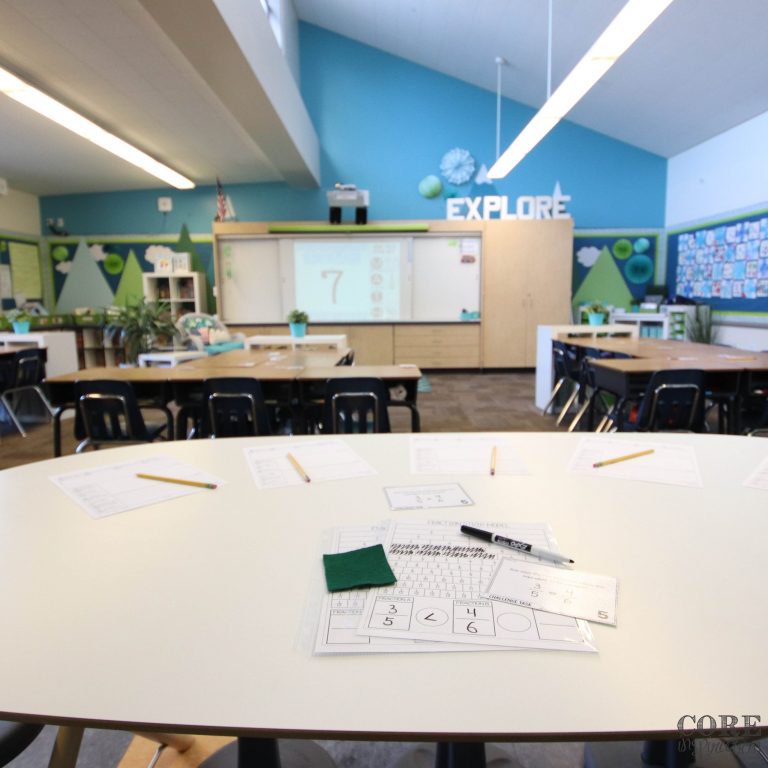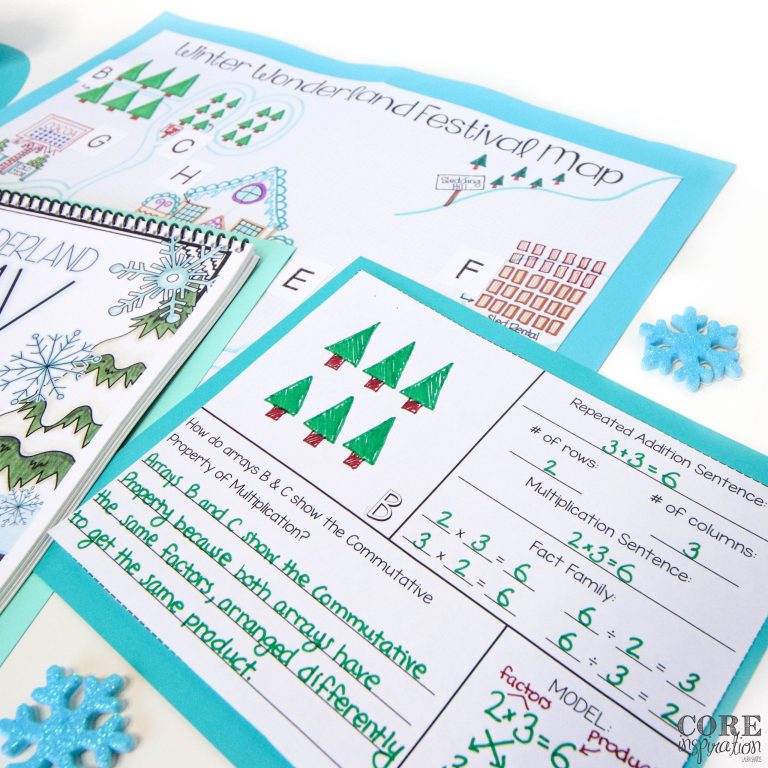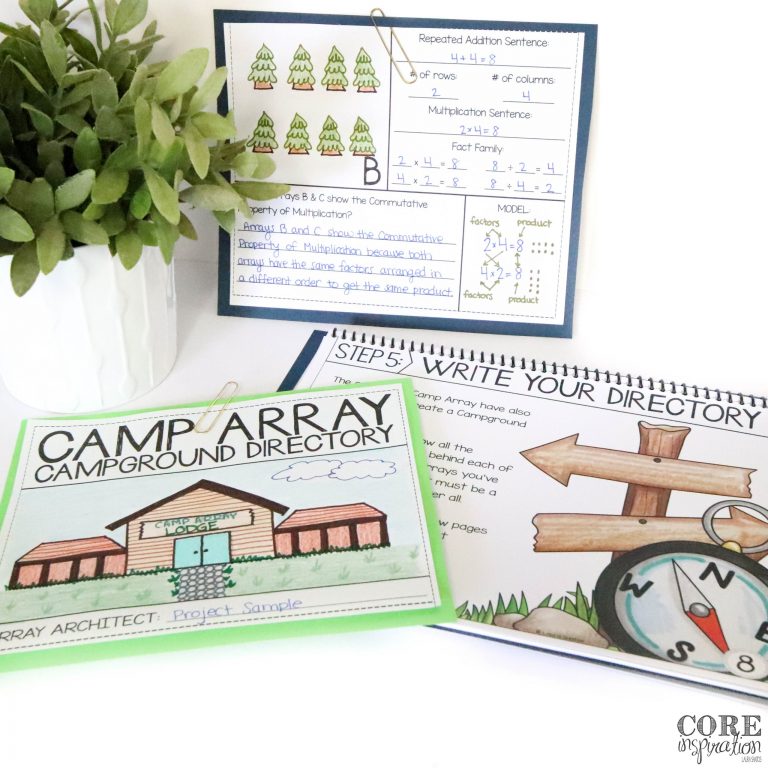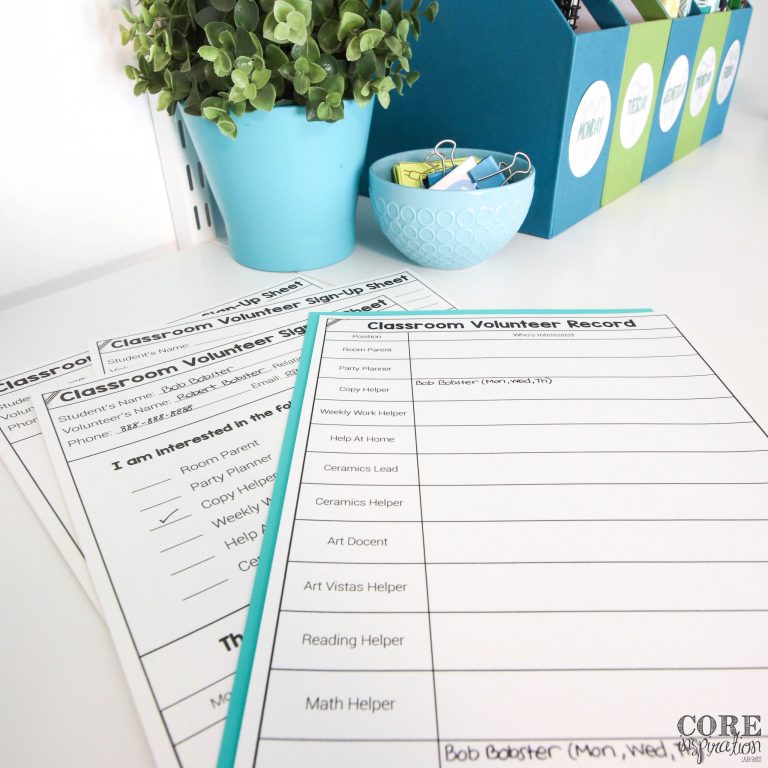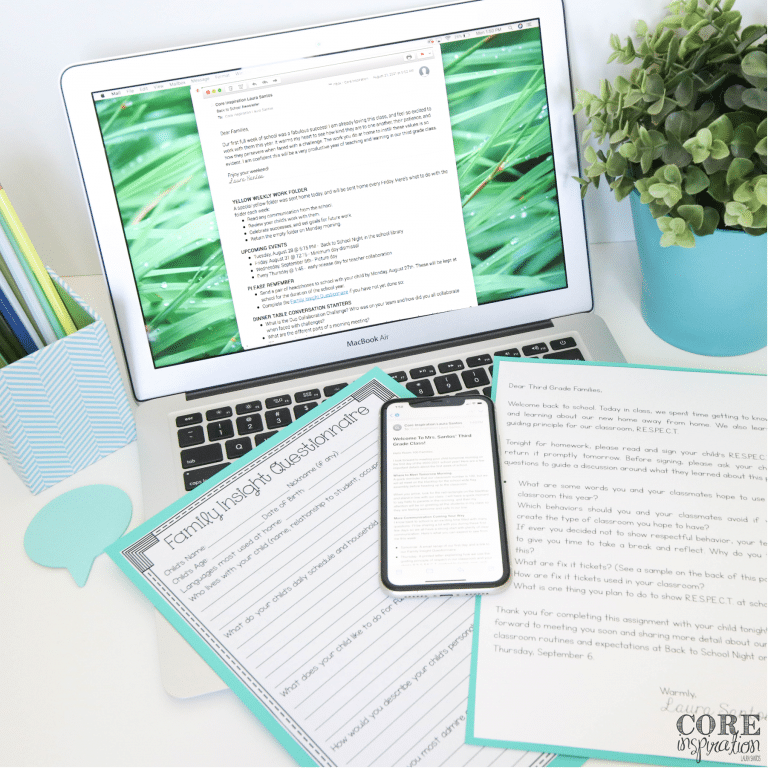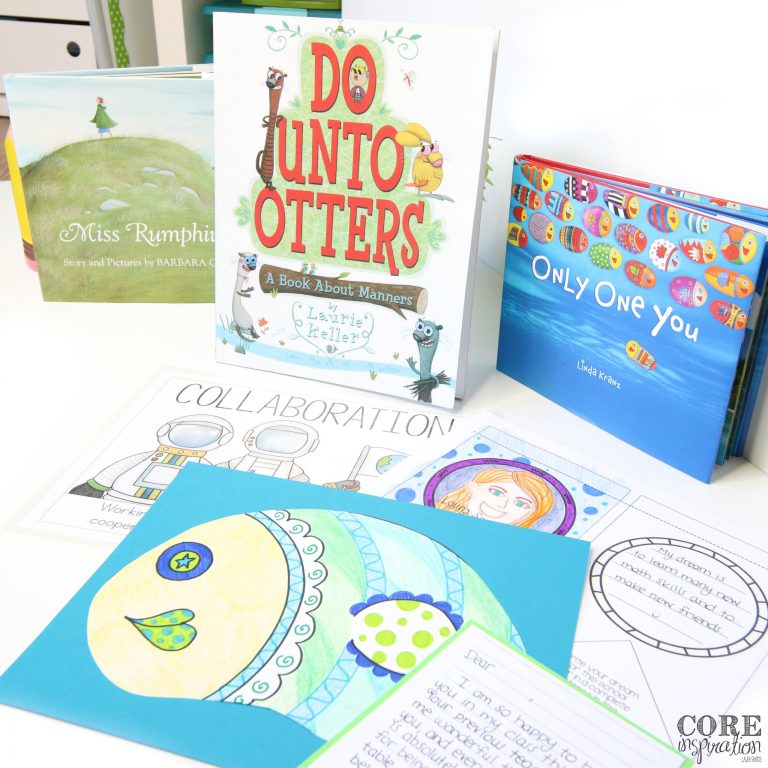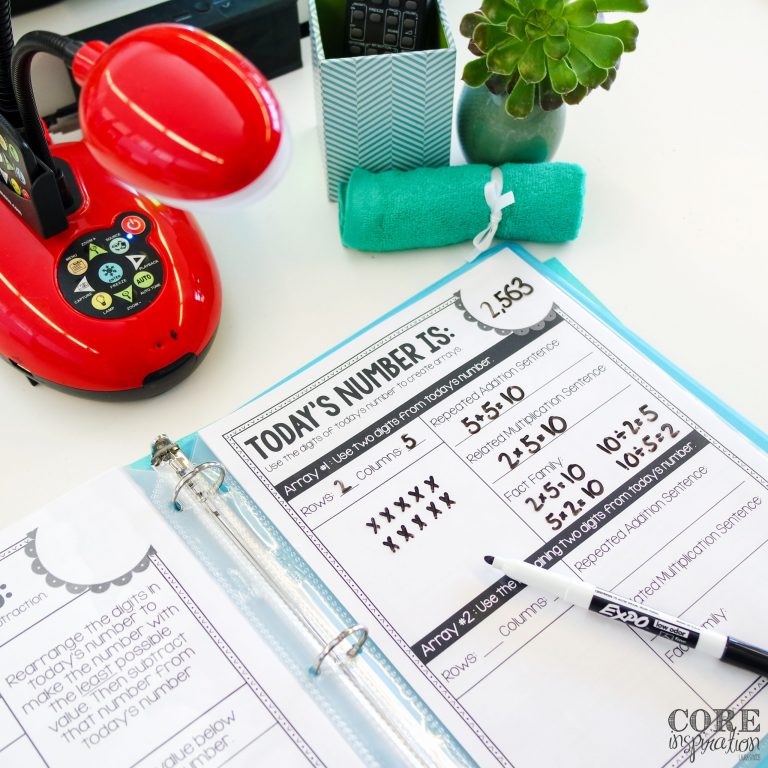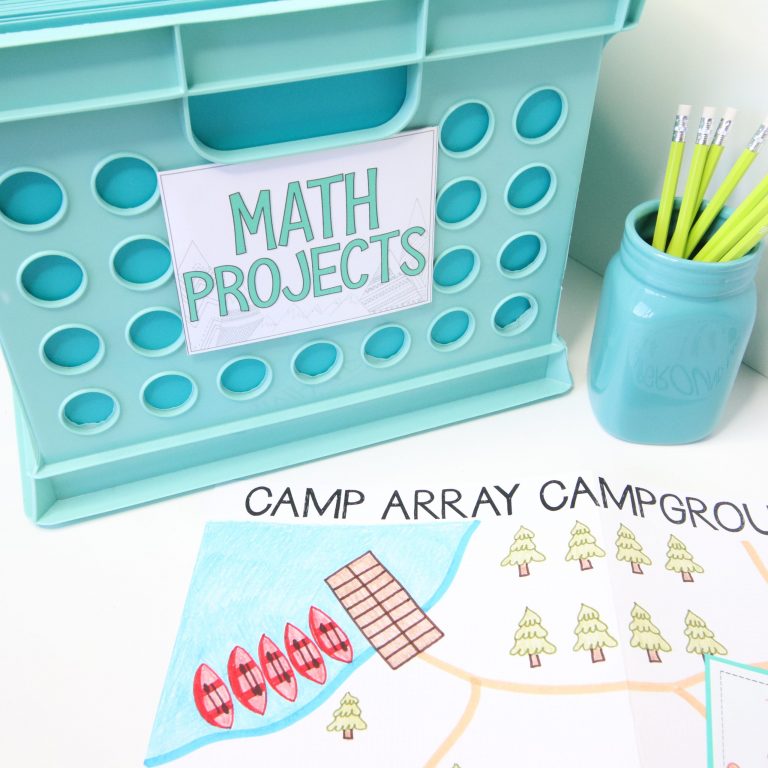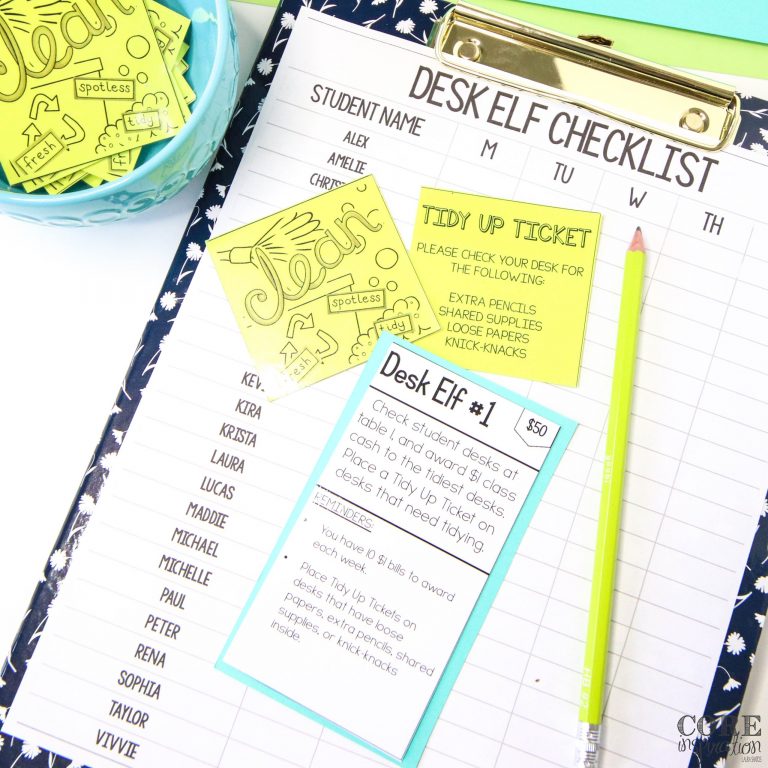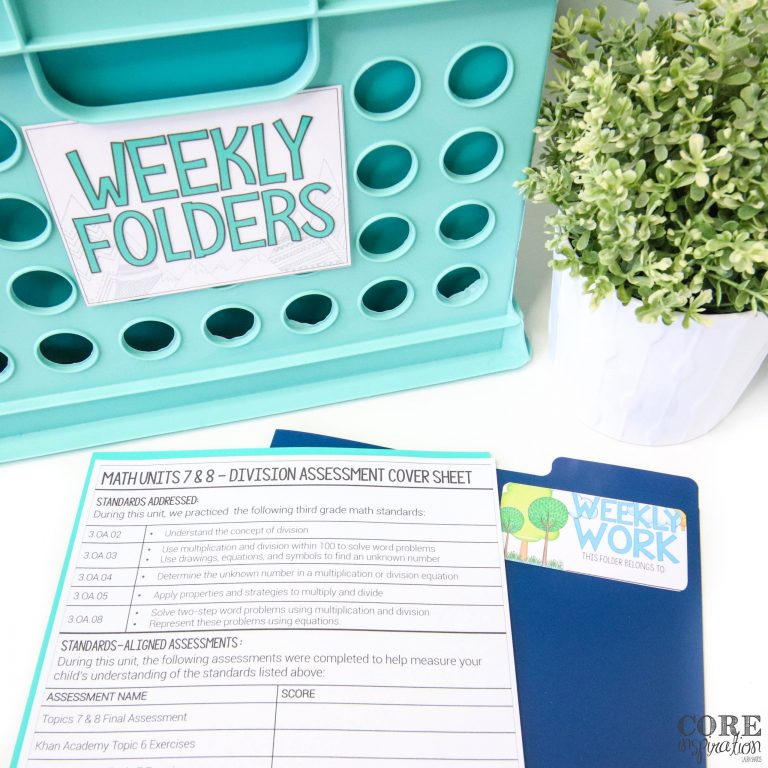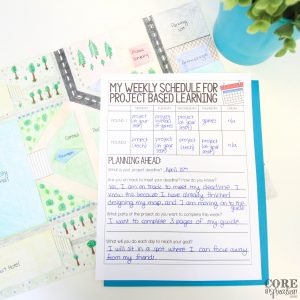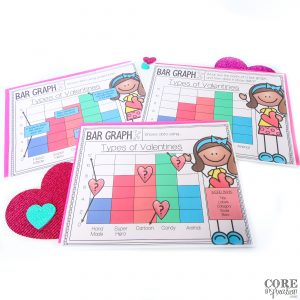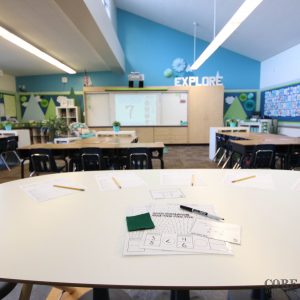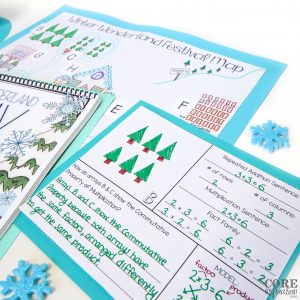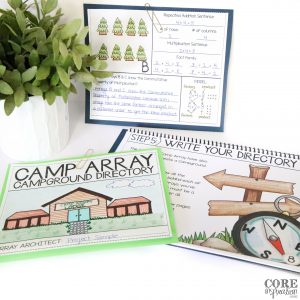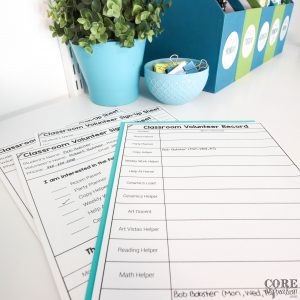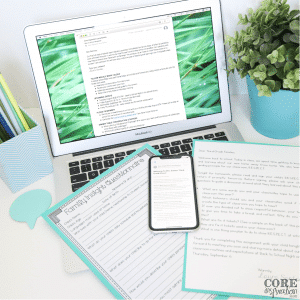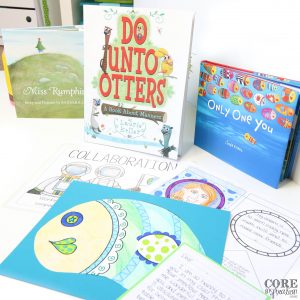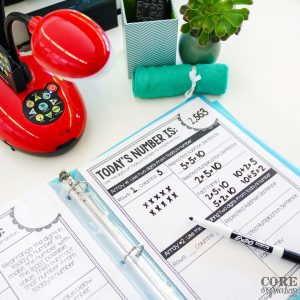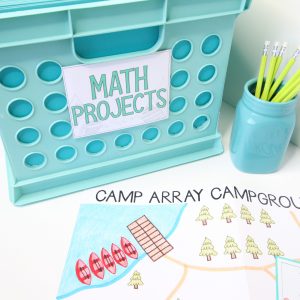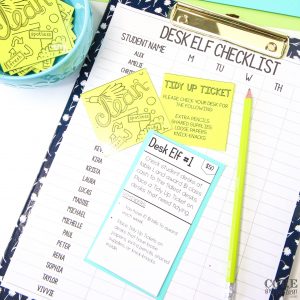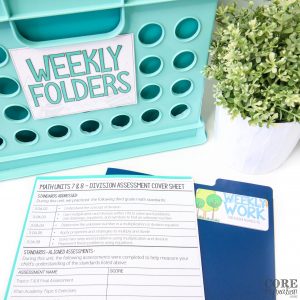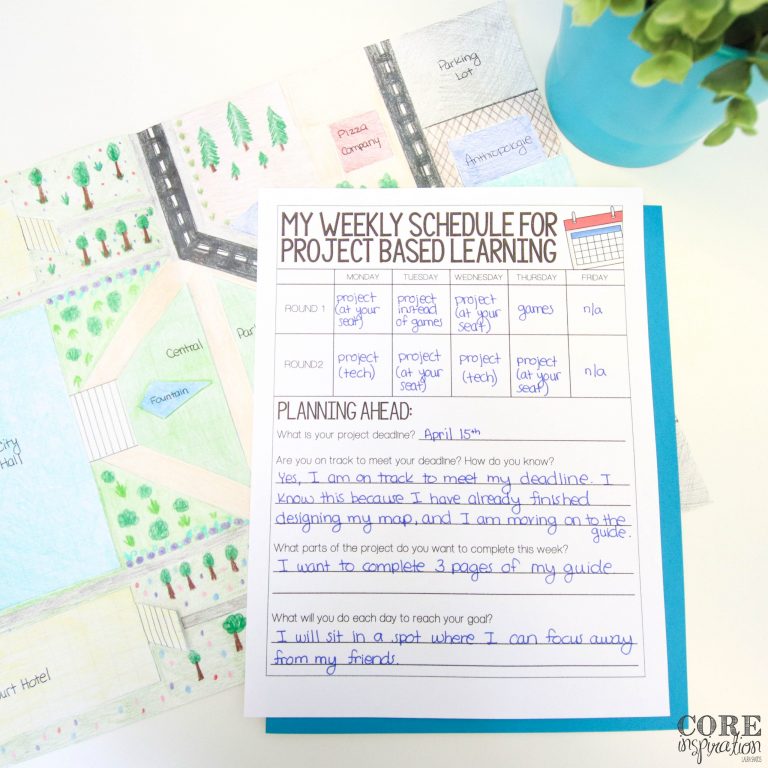
How To Manage Small Group Math Projects and Still Teach ALL Of Your Students
Math projects are an engaging way to provide students with enrichment opportunities when they’re demonstrating mastery at the beginning of a math unit, and the rest of your class needs support and instruction for that unit. Providing your advanced learners with an enrichment project to deepen their learning rather than bogging them down with busy work will allow them to apply what they know in more real-world contexts while keeping them engaged and excited about the subject they excel in. It may feel overwhelming to have your advanced learners working on a project while you’re teaching your current math unit to the rest of your class. I used to shy away from providing these types of enrichment opportunities because I couldn’t wrap my head around the logistics of keeping tabs on students who were independently working on a project while I taught a mini-lesson and worked with small groups. I

